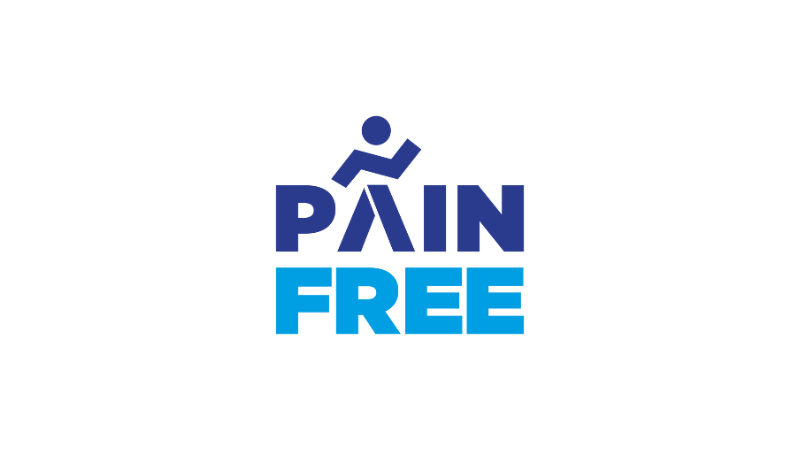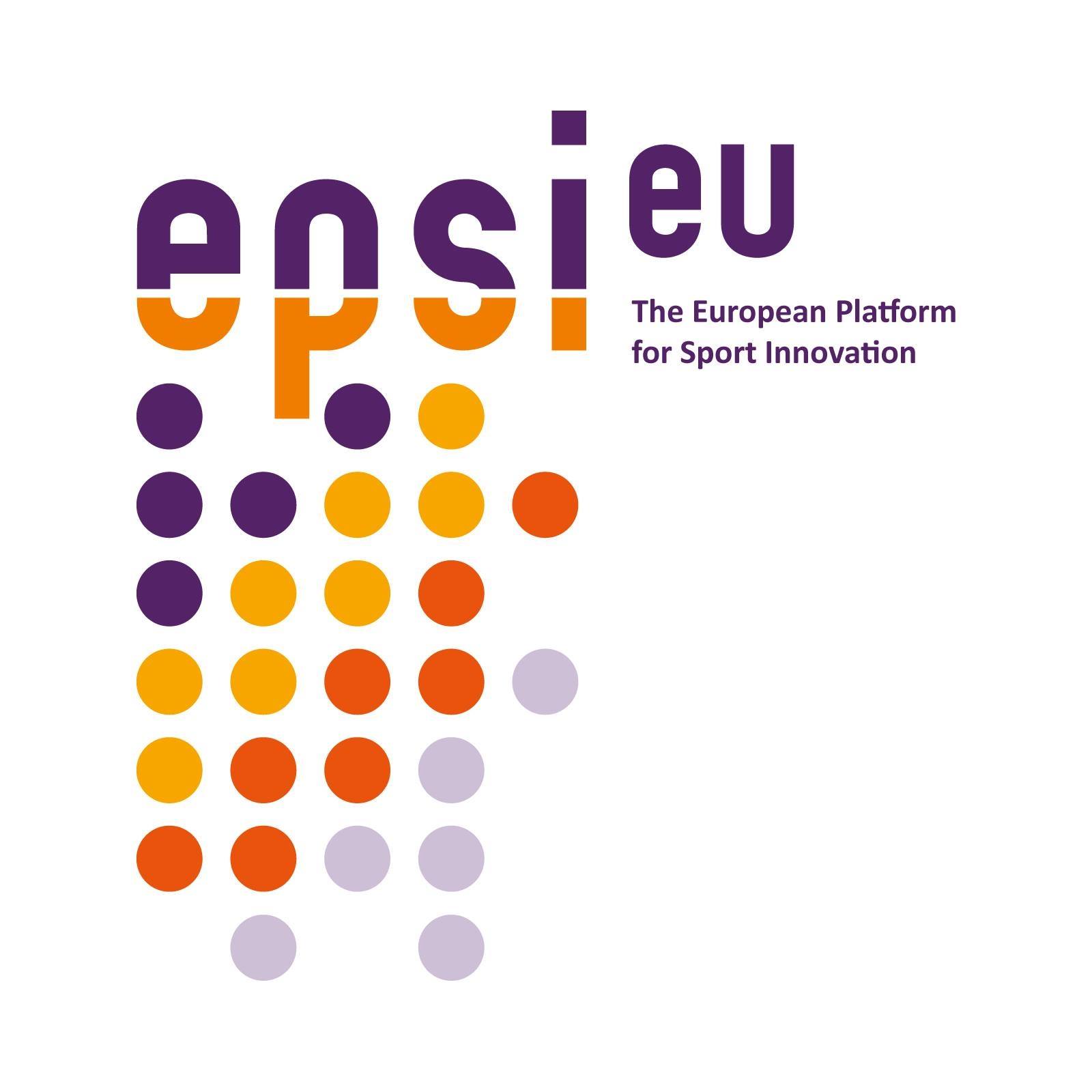
The Project
The Erasmus+ Painfree project aims to raise awareness about back pain among the global population, affecting 1.71 billion people. It will promote healthy lifestyles, physical activity, and sports through events and training classes. The initiative benefits both workplace participants and professional athletes in the field.
project summary
According to research from the Global Burden of Disease (GBD) 2019, 1.71 billion individuals worldwide suffer from musculoskeletal problems, such as neck and lower back pain discomfort. Back pain and discomfort can affect everyone, whether they are young or old. It is accountable for YLDs (years of healthy life lost due to disability), direct health care costs, as well as indirect costs from lost productivity and absenteeism from work. This project will conduct a study on ways to foster a healthy lifestyle in workplaces and encourage physical exercise and sports that will improve health. This will include a variety of regional events once a year during the EU Sports Week, as well as training classes on how to manage back pain on one’s own from specialists such as sports instructors, trainers, and medical experts in back pain.
The Painfree project aims to address the widespread problem of back pain and increase knowledge of its causes and practical preventative measures through physical activity and sport. The objective is to create an educational program with evidence-based techniques that can help everyone manage their back pain and improve their well-being and quality of life. Direct beneficiaries of the initiative include the target population (workplace participants), who will gain from the provided activities, as well as the professional group consisting of sports operators, sports instructors and trainers, and medical experts in back pain, who will contribute their knowledge to the capacity-building process.
Project Objectives
The “Painfree” project’s primary objective is to address the global issue of back pain, raise awareness about its causes and effective preventative measures through physical activity and sport. This project will catalyze enhancing understanding of this issue by providing evidence-based strategies that can aid everyone in managing their back pain and enhance their well-being and quality of life.
Activity 1
Development of an educational program on back pain to enhance understanding of its causes, when and which doctors to consult, prevention strategies, as well as a self-care strategy to manage through physical activity and sport.
Activity 2
Organization of workshops and training sessions or local activities. Sport operators, sport instructors and trainers, and medical experts in back pain will learn how to create a motivating environment by putting into practice the educational program.
Activity 3
Collection of Digital Content and development of a digital app with engaging content and helpful features, to assist people in managing their back pain discomfort at their workspace.
Activity 4
Spread knowledge of the disability caused by back pain, as well as its causes and methods of prevention through physical activity and regular sport activity
The project timeline and road map are coming soon… stay updated!
Erasmus+ Sport, 2021-2027
Funded by the European Union. Views and opinions expressed are however those of the author(s) only and do not necessarily reflect those of the European Union or the European Education and Culture Executive Agency (EACEA). Neither the European Union nor EACEA can be held responsible for them.
Latest Project News and events
-30 DAYS to Greece at unmissable price
Less than 30 days to get discounted tickets for the EPSI Annual Conference 2024. Early bird tickets expires at the end of June
Erasmus+ Call on Sport: A Record-Breaking Achievement
EPSI and its network of members achieved a record success in 2024 with 42 Project Proposals submitted to the Erasmus+ Call on Sport of European Union
Motor and cognitive skills in Handball: insights from Constanta University
To develop an online training course for handball coaches all over Europe, partners of the project set out to report on the best practices available, conducting comparative analysis with other sports and identifying what makes good practices successful.

